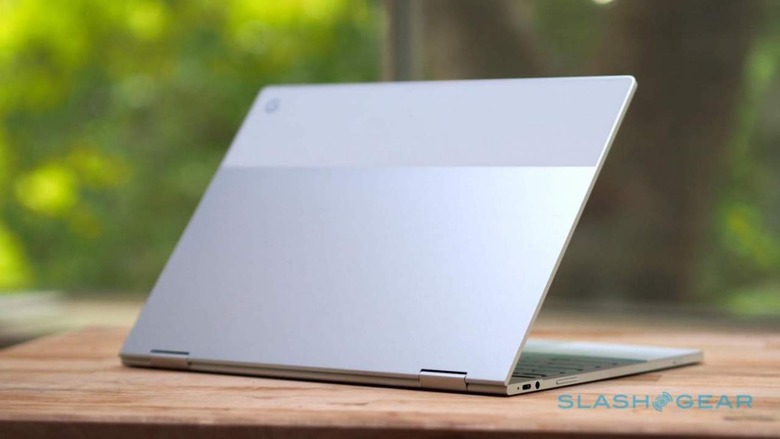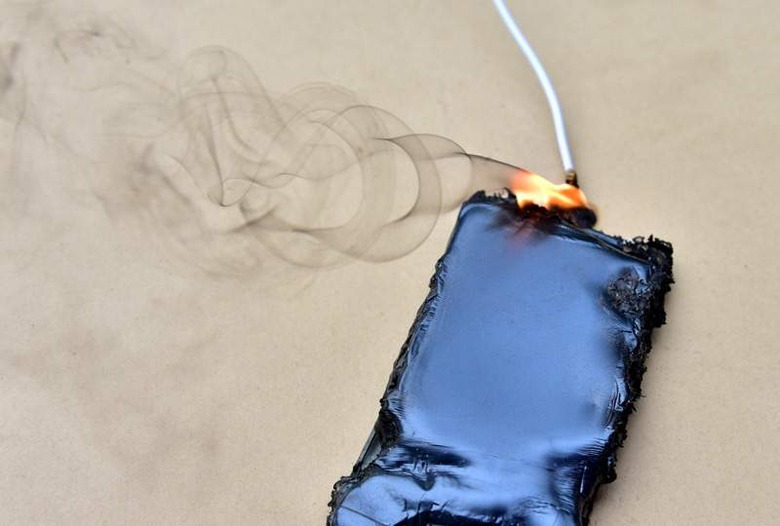Chromebook Adaptive Charging Aims For Big Gains In Battery Life
Chrome OS is specifically designed to cater to users who mainly rely on online tools for getting most of the work done on their PCs. Because of this web-first approach, Chromebooks often suffice with minimal hardware, which helps them achieve exceptional battery life. Now, Chromebooks are expected to receive a feature from Google's Pixel lineup to help them achieve a longer and healthier battery lifespan.
Computers running on Google's Chrome OS will receive Adaptive Charging from Pixel devices, 9to5Google reports. Adaptive Charging allows Pixel smartphones to intentionally slow down the rate of charging when the smartphone is plugged into a wall socket overnight. This reduced charging, as you would expect, helps minimize the heat generated during charging as well as improve the life of the batteries and prevent fire hazards due to excessive heating.
Adaptive Charging on Chrome OS to rely on user's work patterns
As per new code references spotted by 9to5Google in the Chromium git, Adaptive Charging will learn about a user's habits using machine learning to determine the charging speed for Chromebooks. However, unlike on Pixel devices where Adaptive Charging tunes the charging rate for the battery to reach 100% closer to your daily alarm, the feature will optimize the charging speeds according to your usual daily work routine. Along with optimizing the charging speed, Chromebooks will also show a notification when Adaptive Charging is active.
The code, however, does not indicate which Chromebooks will get the feature. Since Adaptive Charging on Android is exclusively available on Pixel devices, 9to5Google also hints at the possibility of this feature being restricted to Google's own Pixelbook lineup or other Tensor-powered Chromebooks in the future. We will have to wait until after the feature is available in Chrome OS to know more.
Adaptive Charging is especially beneficial for Chromebooks since we often keep our laptops constantly plugged into a power socket while working. With more working from home and dwindling boundaries between work and personal life, continuous charging of laptops can be devastating to the health of the battery.
Why is continuous charging dangerous?
Most modern devices use lithium-ion (Li-ion) batteries and excessive heat generation while charging can not only reduce their lifespan but can also lead to failures including catastrophic explosions, as specified in this research paper available via Nature. A Li-ion battery is especially unstable in the trickle state (when the battery capacity is closer to 100% and the battery quickly switching between charging and discharging states), and the upcoming update will try to reduce the time that a user spends while the battery is at or around 100% charge.
This is one reason why smartphone giants including Apple and Samsung have purposely limited themselves to slower charging speeds on their devices while brands like OnePlus and Xiaomi are competing to offer the fastest charging solutions on their devices.


